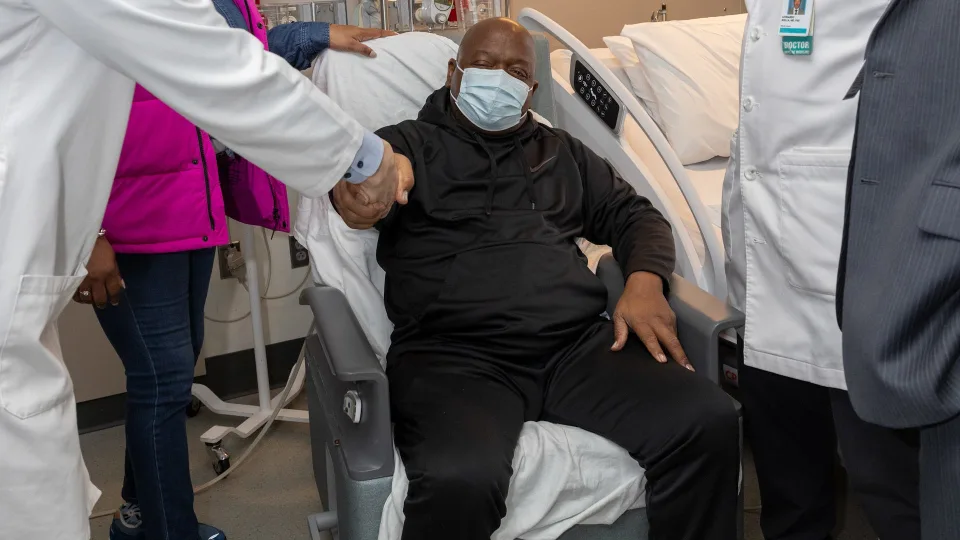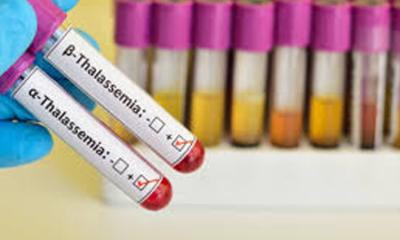Richard Slayman, the first person to ever receive a kidney from a pig, has died, according to Massachusetts General Hospital, where the transplant was performed in March, reports USA Today.
In a statement late Saturday, the transplant team said they "have no indication" Slayman`s death was the result of the transplant, which the hospital had heralded as a major scientific achievement.
Slayman, 62, a systems manager for the Massachusetts Department of Transportation, had already endured a transplant with a human kidney that had to be removed because of complications and was struggling with three-times-a-week dialysis when he agreed to the experimental pig-kidney procedure.
When they announced that surgery had been successful, the Mass. General team said such animal-to-human transplants, known as xenotransplantation, offer the possibility of solving the human organ shortage and a potential option for the hundreds of thousands of Americans suffering on dialysis.
Slayman appeared to be recovering well. He walked within a few days of the March 16 procedure and was released from the hospital April 3.
The hospital`s Saturday statement included comments from family members, saying they were "deeply saddened" by his passing but grateful for the extra seven weeks they had with Slayman. They appreciated knowing his participation in the research offered inspiration to others.
“Millions of people worldwide have come to know Rick`s story. We felt – and still feel – comforted by the optimism he provided patients desperately waiting for a transplant," the statement said, in part.
Mass. General transplant team members, some of whom had treated Slayman for years, praised his generosity and kindness and described him as a "beacon of hope" for other patients. "We are deeply grateful for his trust and willingness to advance the field of xenotransplantation," the team said.
Two patients who received pig hearts at the University of Maryland Medical Center also died within two months of their procedures in 2022 and 2023.
A woman who received a pig kidney at NYU Langone Health on April 12 continues to recover. Her heart and kidney are "functioning optimally," Dr. Robert Montgomery, who directs the NYU Langone Transplant Institute, said in a statement to USA TODAY.

"While she remains under intensive care, we see progress after her long history of difficult health challenges," Montgomery said. "We hope to transition her to rehab in the next few weeks so we can get her back home to her family."
The pig organs used for transplant come from animals that are gene-edited to make their organs less likely to be rejected by the human immune system. Rejection, which is common among human-to-human transplants, likely caused the death of one of the heart transplant patients, who died six weeks after surgery. No rejection was evident in the other two.




-20260106082251.webp)

-20251231101531.webp)







-20260226080139.webp)






-20260225072312.webp)










-20260219054530.webp)
-20260224075258.webp)





-20260221022827.webp)